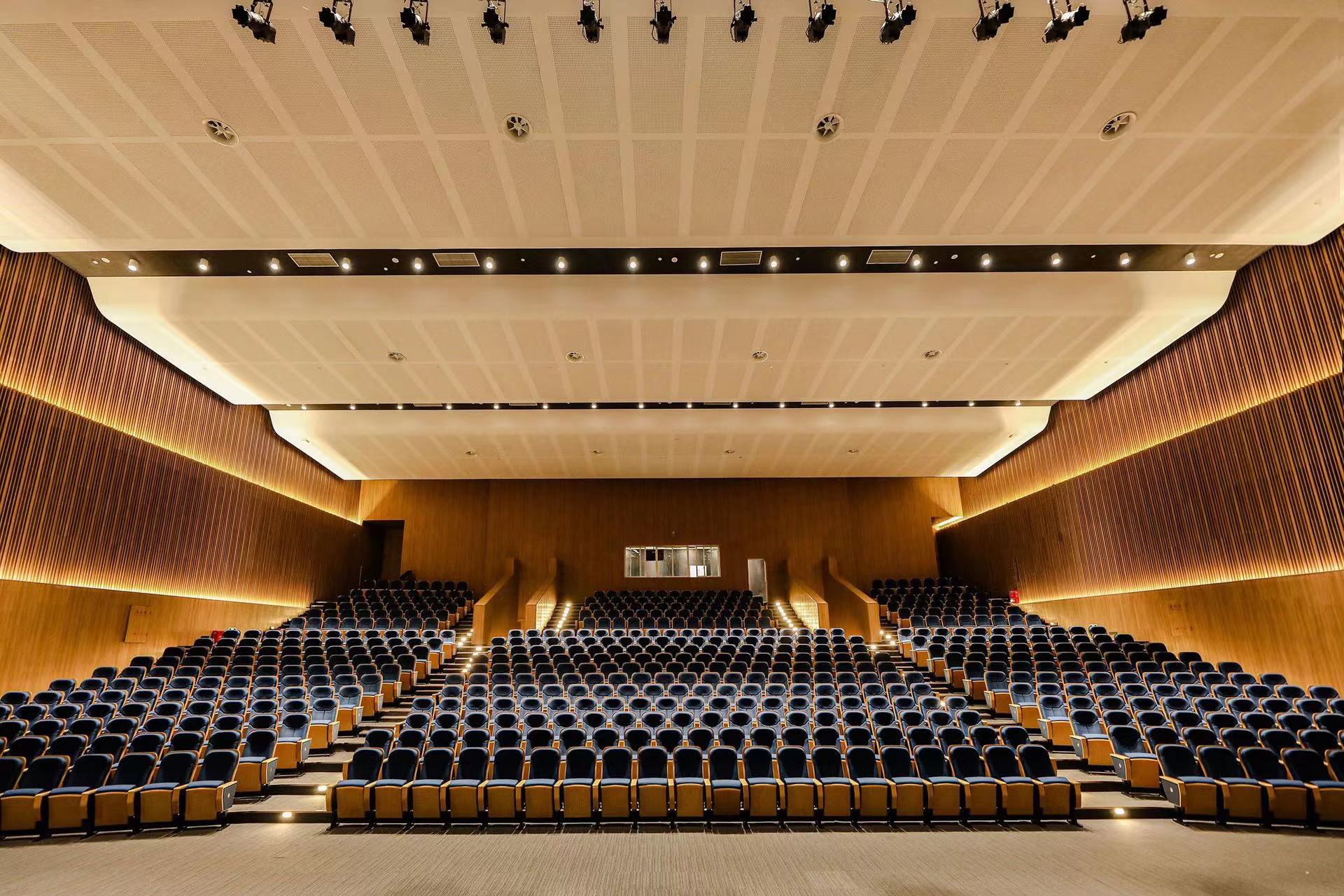Meaning "double celebrations" in Chinese, the city was built in the 11th century BC during the Zhou Dynasty. The city was founded in 1997. Prior to then, it was a city in Sichuan Province. Now Chongqing is the biggest city in China in terms of area and population.
Known as one of China‘s "Three Furnaces" (along with Wuhan and Nanjing), Chongqing is unbearably hot during the summer. The surrounding mountains seem to trap the heat. It is pleasant to visit the city in other seasons.
Also known as "Fog City" in addition to "the Furnace," Chongqing is covered with a thick layer of fog for an average of 68 days a year, usually in spring or autumn. The fog gives the place an air of mystery.
Spread across a number of low hills (average elevation of 400 meters), surrounded by mountains, and straddling the Yangtze River, Chongqing is a natural wonder.
The main features of the downtown area are the hilly slopes. Travelers soon learn to get used to the feeling of going up and down, up and down. Locals compare the terrain to San Francisco.
At night, climbing up onto one of the less-populated hills affords panoramic views of the city‘s night lights. Due to the city‘s hilly terrain, you can see a hierarchy of lights in all directions.





